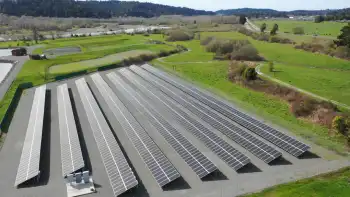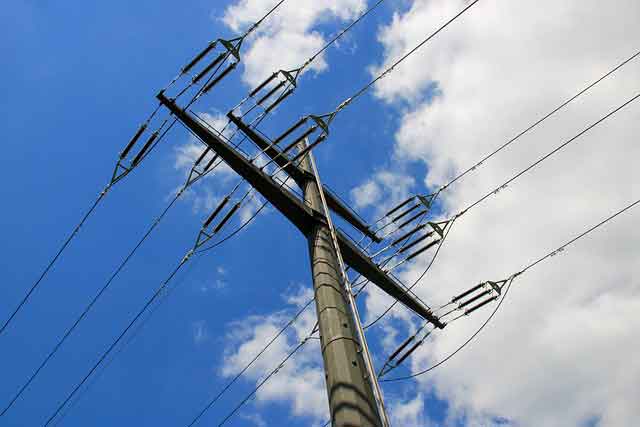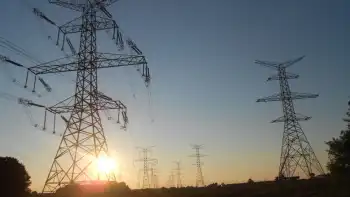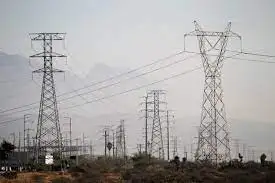A New Era for Churchill Falls: Newfoundland and Labrador Secures Billions in Landmark Deal with Quebec
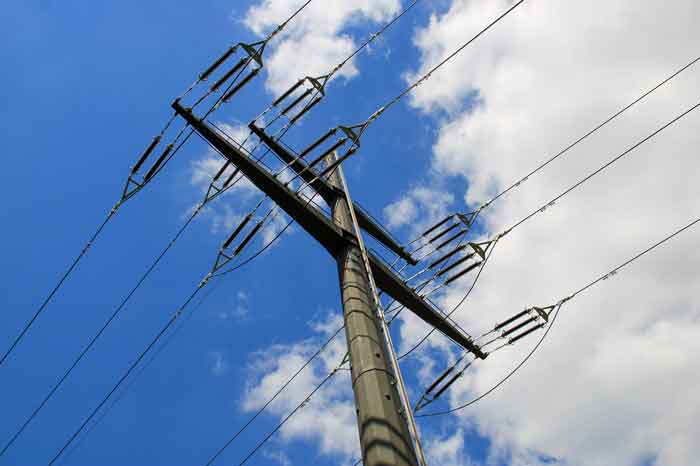
Substation Relay Protection Training
Our customized live online or in‑person group training can be delivered to your staff at your location.

- Live Online
- 12 hours Instructor-led
- Group Training Available
Churchill Falls NL-Quebec Agreement boosts hydropower revenues, revises power purchase pricing, expands transmission lines, and integrates Indigenous rights, enabling renewable energy growth, domestic supply, exports, and interprovincial collaboration on infrastructure and utility modernization.
Key Points
A renegotiated hydropower deal reallocating power and advancing projects with Indigenous benefits in NL and Quebec.
✅ Raises Hydro-Quebec price for Churchill Falls electricity
✅ Increases NL power share for domestic use and exports
✅ Commits joint projects and Indigenous participation safeguards
St. John's, Newfoundland and Labrador - In a historic development, Newfoundland and Labrador (NL) and Quebec have reached a tentative agreement over the controversial Churchill Falls hydroelectric project, amid Quebec's electricity ambitions and longstanding regional sensitivities, potentially unlocking hundreds of billions of dollars for the Atlantic province. The deal, announced jointly by Premier Andrew Furey and Quebec Premier François Legault, aims to rectify the decades-long imbalance in the original 1969 contract, which saw NL receive significantly less revenue than Quebec for the province's vast hydropower resources.
The core of the new agreement involves a substantial increase in the price that Hydro-Québec pays for electricity generated at Churchill Falls. This price hike, retroactive to January 1, 2025, is expected to generate billions in additional revenue for NL over the next several decades. The deal also includes provisions for:
- Increased power allocation for NL: The province will gain a larger share of the electricity generated at Churchill Falls, allowing for increased domestic consumption and potential export opportunities through the sale and trade of power across regional markets.
- Joint infrastructure development: Both provinces will collaborate on new energy projects, in line with Hydro-Québec's $185-billion plan to reduce fossil fuel reliance, including potential expansions to the Churchill Falls generating station and the development of new transmission lines.
- Indigenous involvement: The agreement acknowledges the importance of Indigenous rights and seeks to ensure that Indigenous communities in both provinces benefit from the project.
This landmark deal represents a significant victory for NL, which has long argued that the original 1969 contract was grossly unfair. The province has been seeking to renegotiate the terms of the agreement for decades, citing the low price paid for electricity and the significant economic benefits that have accrued to Quebec.
Key Implications:
- Economic Transformation: The influx of revenue from the new Churchill Falls agreement has the potential to significantly transform the economy of NL, though the legacy of Muskrat Falls costs tempers expectations before plans are finalized. The province can invest in critical infrastructure projects, such as healthcare, education, and transportation, as well as support economic diversification initiatives.
- Energy Independence: The increased access to electricity will enhance NL's energy security and reduce its reliance on fossil fuels. This shift towards renewable energy aligns with the province's climate change goals, and in the context of Quebec's no-nuclear stance could attract new investment in sustainable industries.
- Interprovincial Relations: The successful negotiation of this complex agreement demonstrates the potential for constructive collaboration between provinces on major infrastructure projects, as seen in recent NB Power-Hydro-Québec agreements to import more electricity. It sets a precedent for future interprovincial partnerships on issues of shared interest.
Challenges and Considerations:
- Implementation: The successful implementation of the agreement will require careful planning and coordination between the two provinces.
- Environmental Impact: The expansion of hydroelectric generation at Churchill Falls must be carefully assessed for its potential environmental impacts, including the effects on local ecosystems and Indigenous communities.
- Public Consultation: It is crucial that the governments of NL and Quebec engage in meaningful public consultation throughout the implementation process to ensure that the benefits of the agreement are shared equitably across both provinces.
The Churchill Falls agreement marks a turning point in the history of energy development in Canada. It demonstrates the potential for provinces to work together to achieve mutually beneficial outcomes, even as Nova Scotia shifts toward wind and solar after stepping back from the Atlantic Loop, while also addressing historical inequities and ensuring a more equitable distribution of the benefits of natural resources.






